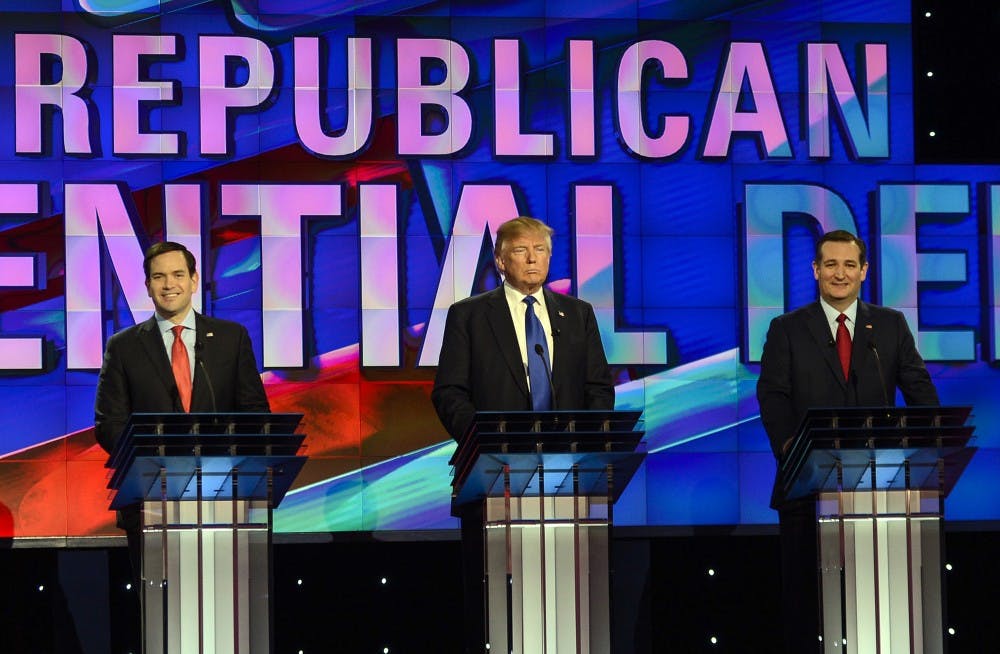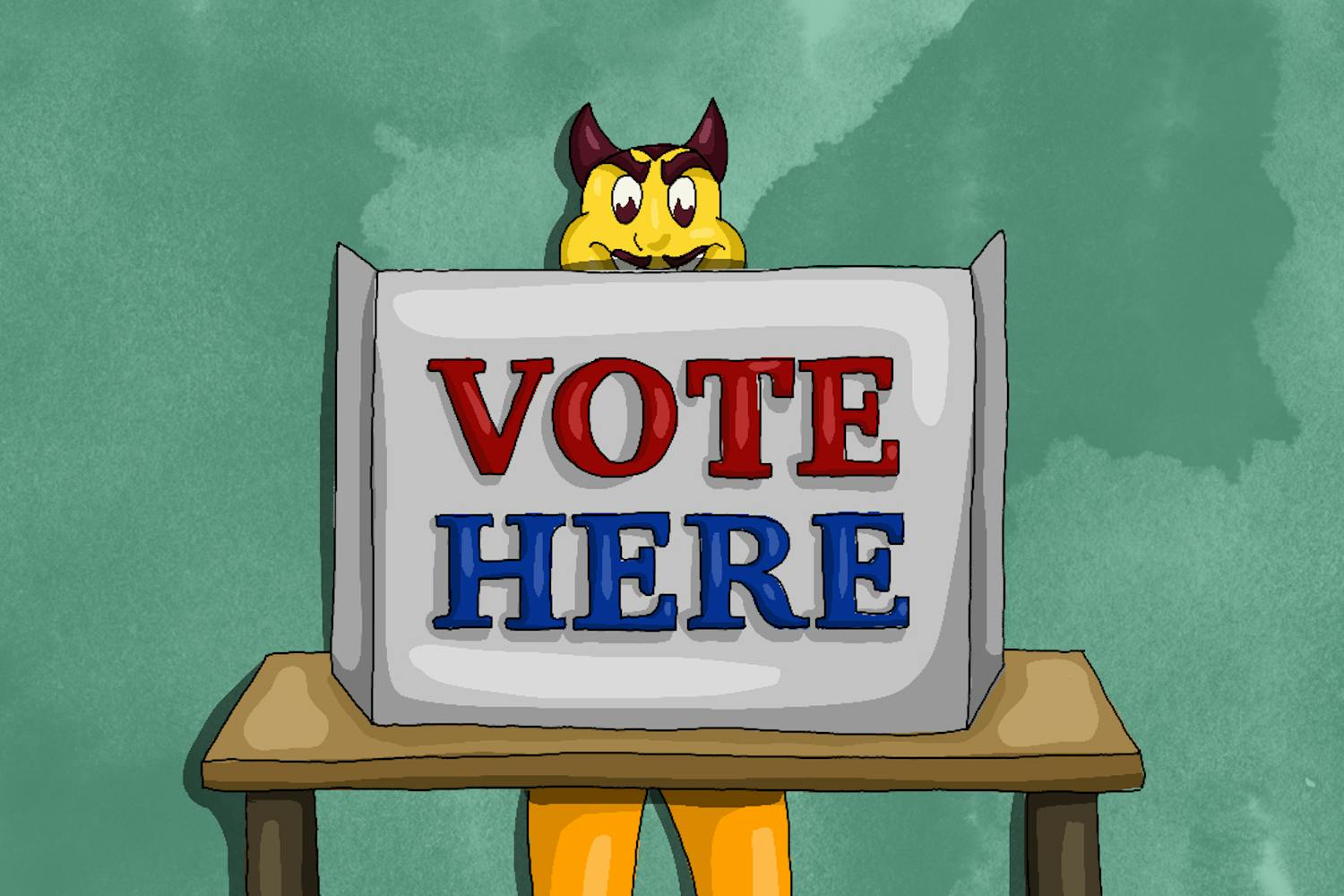Though important, politics are not the only subject that should appear in the media, especially when the content is skewed by bias. Considering our generation is the future of politics and represents a large portion of the voter turnout, educating ourselves on the policies of the candidates and not the petty mudslinging taking place is vital.
As an opinion columnist, I enjoy reading columns from news sources such as CNN and The New York Times, but lately I have been avoiding them due to the fact they only address Trump’s last brash statement or unorthodox stance on policy.
In my search for unbiased news coverage, I sifted through hundreds (and I am not exaggerating here) and hundreds of politically-motivated articles in an attempt to be up-to-date on important current events. It was an exhausting process that made me consider the origin of this dominance.
Looking more closely at these articles, I recognized that many of them honed in on a single statement made by a candidate in the presidential race. I had trouble finding articles that presented the candidates’ views or plans for policy in an unbiased way. This is to be expected, considering the public’s (as well as journalists') strong defense of their political beliefs, but it does not make the articles any more legitimate.
I wouldn’t mind reading articles if they holistically represented the candidates, or presented them in the context of some important event; I just don’t want to dedicate my time to reading lengthy articles that leave me with only a a bit more knowledge as to what the candidates would do in their presidency.
After Donald Trump spends six years in a POW camp, he can weigh in on John McCain's service
— Gov. Bobby Jindal (@BobbyJindal) July 18, 2015
I believe all this mudslinging started in the 18th century as a strategy to win the public's favor. Alexander Hamilton attacked Thomas Jefferson in the Gazette of the United States in 1796 in order to expose his personal life. Though unrelated to his political life, Hamilton attempted to harm Jefferson's reputation in order to improve his own. It only escalated from there. This year, the only events that seem to receive attention in the media are those related to the candidate’s attacks on one another.
.@GovernorPataki was a terrible governor of NY, one of the worst -- would’ve been swamped if he ran again!
— Donald J. Trump (@realDonaldTrump) July 1, 2015
Taking to Twitter, a popular media site for the younger voters, politicians have been personally attacking each other and their public statements. They rarely seem to address policy, however, and that’s the problem. Politicians Bobby Jindal and Rick Perry confronted Donald Trump on his statement regarding John McCain's military service early in the election. Although this statement reflected poorly on Trump's character, it did not reflect Trump's policies concerning the U.S. public. The same can be said for Trump attacking Governor George Pataki. Instead of focusing on building his reputation on his future goals, he quibbles with other politicians in a similar fashion to the drama seen in a high school.
As a fellow veteran I respect @SenJohnMcCain because he volunteered to serve his country. I cannot say the same about Mr. @realDonaldTrump.
— Rick Perry (@GovernorPerry) July 18, 2015
All this being said, I am aware that mainstream news sources evolve with the times, addressing the most relevant events occurring at the time, and considering that the presidential elections only occur once every four years, it makes sense that they are being addressed heavily now. This does not mean I will stop my search for unbiased information in the media anytime soon, however.
Related links:
Working together for a better future: Millennials in politics
Stanford professor debunks political polarization
Reach the columnist at ghirneis@asu.edu or follow @ghirneise2 on Twitter.
Editor’s note: The opinions presented in this column are the author’s and do not imply any endorsement from The State Press or its editors.
Want to join the conversation? Send an email to opiniondesk.statepress@gmail.com. Keep letters under 300 words and be sure to include your university affiliation. Anonymity will not be granted.
Like The State Press on Facebook and follow @statepress on Twitter.




